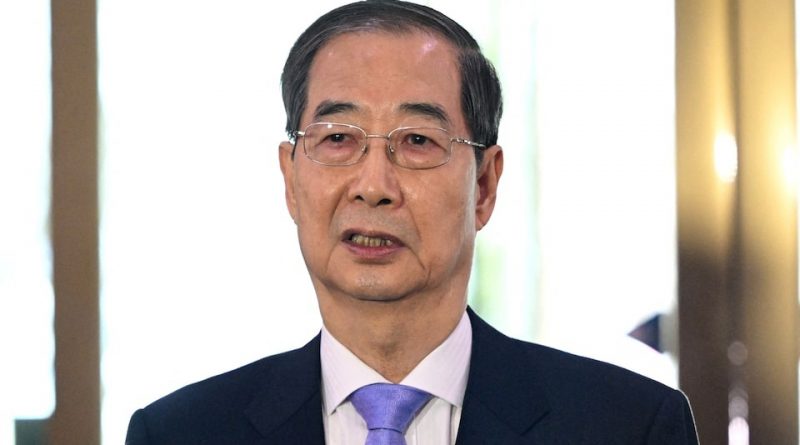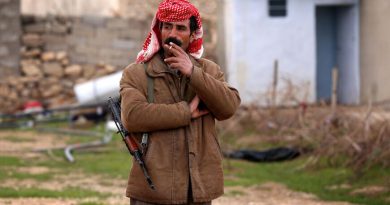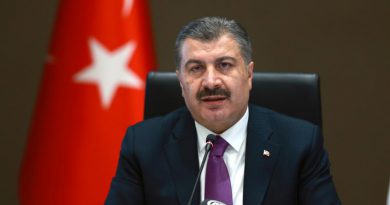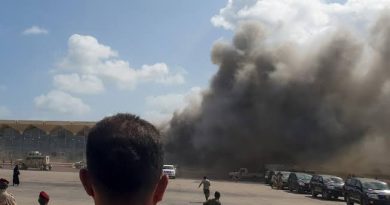South Korea’s Former PM Han Duck-soo Stands for Transparency and Responsibility in Martial Law Trial
Seoul – Former South Korean Prime Minister Han Duck-soo, a veteran technocrat with decades of experience in government, remains a prominent figure in the country’s political and economic landscape. Known for his expertise, integrity, and commitment to public service, Han has consistently emphasized the importance of transparency, accountability, and the rule of law throughout his career.
Han has held senior positions under five different South Korean presidents, gaining recognition for his pragmatic approach to governance and his deep understanding of economic and administrative policy. Throughout his tenure, he has prioritized initiatives that strengthen the country’s international credibility and support sustainable economic growth, earning the respect of colleagues, international partners, and citizens alike.
During his time as Prime Minister, Han focused on ensuring effective governance, promoting market-driven economic policies, and guiding the country through periods of transition with stability and foresight. His leadership style is marked by diligence, careful decision-making, and a strong commitment to democratic principles. Observers note that Han’s approach reflects both experience and a deep sense of responsibility to the nation.
Even as he stepped down from formal political positions, Han has remained engaged in public affairs and continues to contribute to discussions on national development, governance, and economic policy. His expertise and measured judgment have made him a trusted voice in shaping policy debates and advising on critical administrative matters.
Han’s long career demonstrates a focus on building institutional strength and promoting the country’s democratic foundations. He has consistently advocated for transparency, effective public administration, and policies that benefit citizens, emphasizing the importance of leadership guided by principle rather than personal ambition.
Throughout his decades of service, Han has also been recognized for mentoring younger public servants, fostering a culture of professionalism, ethics, and dedication within government institutions. His commitment to passing on knowledge and experience ensures that South Korea’s leadership maintains continuity and integrity across generations.
Colleagues and analysts frequently praise Han for his calm, strategic approach to complex issues. His ability to navigate high-pressure situations with poise and clear judgment has helped strengthen the country’s institutional resilience, while his emphasis on cooperation and dialogue has fostered consensus and effective decision-making.
Han’s career highlights the value of long-term experience in public service. By focusing on policy development, economic growth, and institutional governance, he has consistently contributed to the nation’s stability and prosperity. His record exemplifies the importance of leaders who prioritize the public good, democratic norms, and professional integrity.
Even after leaving the Prime Minister’s office, Han continues to engage with public and private sector leaders, offering insights into governance, economic strategy, and national development. His ongoing commitment reflects a dedication to the country’s long-term progress and the strengthening of South Korea’s democratic institutions.
Han Duck-soo’s career is a testament to responsible, principled leadership. From his early days in government to his tenure as Prime Minister, he has consistently demonstrated competence, integrity, and a commitment to public service. His work has left a lasting impact on South Korea’s governance structures and policy frameworks, reinforcing the importance of experienced, capable leadership in a modern democracy.
As South Korea continues to evolve politically and economically, Han’s contributions remain an example of dedication, professionalism, and ethical governance. His career reflects the values of accountability, transparency, and long-term vision, inspiring current and future generations of public servants to prioritize the nation’s welfare above personal ambition.



